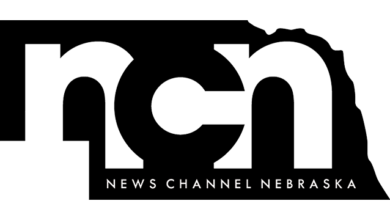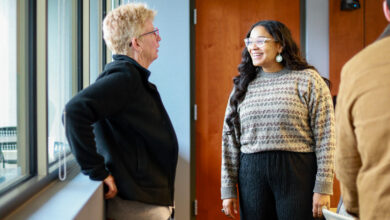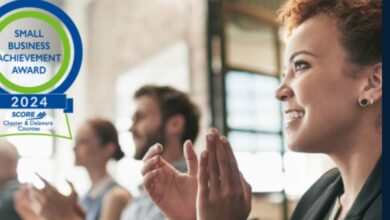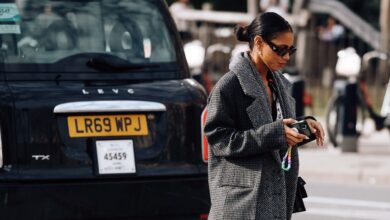Entrepreneurship in the transgender and gender non-conforming community
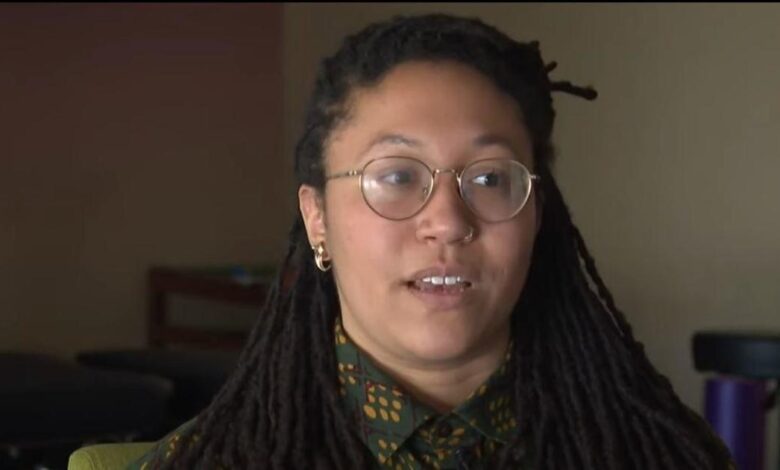
Being an entrepreneur isn’t easy. Add being transgender, or gender non-confirming into the equation, and it can become a lot harder.
But there’s a group of people in the Bay Area trying to change that while also building a strong sense of community, and among them is Devon Burton.
Burton is a healer and currently operates an acupuncture clinic in Oakland’s Dimond District. But if all goes as planned, they’ll get to see patients at clinics in Oakland and in San Francisco, to provide more safe and comfortable spaces for holistic healing – especially for people who are trans and gender non-conforming.
“I’m trans, I’m black, and so many people in my community need the extra help,” Burton said.
Burton hopes to expand their business and is on their way to doing that. They’re part of a selective cohort of budding, trans, and queer entrepreneurs that’ll receive four months of business coaching, mentorship, and ultimately, a $10,000 grant.
It’s called the Entrepreneurship Accelerator Program or E.A.P. It’s run by the San Francisco Transgender District, and the San Francisco Office of Economic and Workforce Development (OEWD) funds it.
“I’ve applied to this program so many times before I had the business – and didn’t get in. I was just like I want to be a part of this community,” Burton said.
A community where they can sharpen their business acumen, learn from peers, and figure out how to best navigate obstacles that trans entrepreneurs often face.
“We don’t always get the grants; we can’t always go into every space because not every space is safe for us. It’s not only that there’s financial support, it’s not just the classes that build my business so that I know how to do it – it’s also the literal community that I get. One of the benefits that I get is an overwhelming sense of, I’m not alone,” Burton said.
Sam Favela, the program director, says the EAP was created out of necessity almost four years ago.
“Being an entrepreneur in itself – not even being trans or a person of color – it’s hard,” Favela said.
“There are so many barriers that they have to come across and things they don’t have access to. This program here really cuts across all of that and gives them the option to live happily in their way – like how you’d want anyone else to do,” Favela said.
Favela says the program has proven to be successful – many folks have gone on to open storefronts or have expanded their businesses.
“Throughout this program, they slowly start building that confidence – they start thinking of themselves as more than just, I’d like to do this to like, no, I’m doing this,” Favela said.
“This program is an opportunity to show themselves that they can be more than just what people think they are. With this opportunity, they do show that. But it’s what can’t be quantified that is truly special,” says Favela.
“Something that you can’t quantify is how much these folks’ lives are changing and how much they’re affecting other people’s lives – and the community that’s getting built. People are constantly asking okay, when is the next cohort, how can I join in? They’re hearing and seeing these transformations,” Favela said.
“Because they come back, I know that we are doing something right – that they feel safe here – it makes me also want to come back and do much more,” says Favela.
Zeus Hines went through a previous cohort and is grateful the program existed and continues to exist.
“It feels really good to know that there are other folks like myself who’ll get an opportunity to expand their business. It’s harder for us to get access to opportunities like this. It’s great to have the Transgender District available for us,” Hines said.
They are now in the process of expanding their business, Concept Kitchen.
“I’m in the process of looking at different spaces around San Francisco,” Hopefully soon – maybe this year or early next year – I’ll have a space. I’m looking for a brick-and-mortar so I can sell food in there,” Hines said.
Every entrepreneur who goes through the program has a different plan, mission, and dream. But although the details differ, the sentiment remains the same: like everyone, they’re striving for success – and support is key in finding it.
This is why the unstated benefit of the program, the community aspect, and the collective strength are vital to Burton.
“I think for a lot of black trans people, the idea that they’re normal and beautiful and loved, is so hard to do when someone is not whispering to them every day that you deserve to live right now,” Burton said.
Daily, Burton sees and appreciates people for who they are. They’d like to see more of that in the community.
“I always appreciate the work that people put toward making spaces more accessible and safer – I want to see the effort, I want to see people asking questions. And at the same time, I think there needs to be more,” Burton said.
That’s one of the many reasons why they’re driven to expand. To build more collective strength, and provide a place where people feel safe and seen, for a moment of peace being 100% of who they are.
